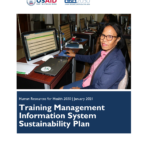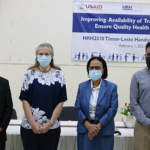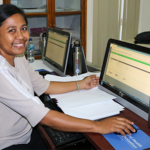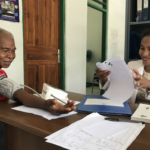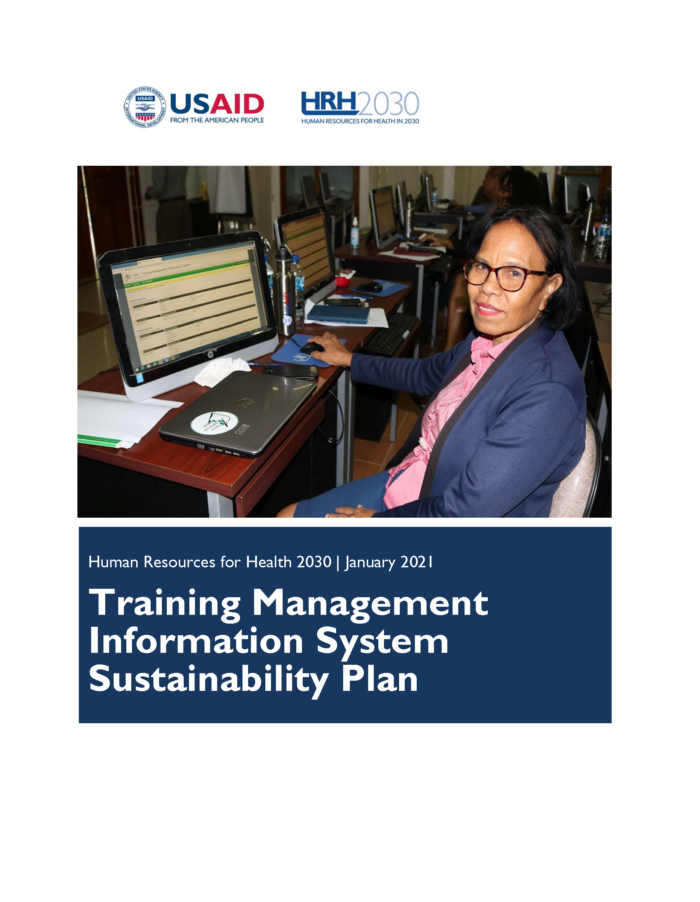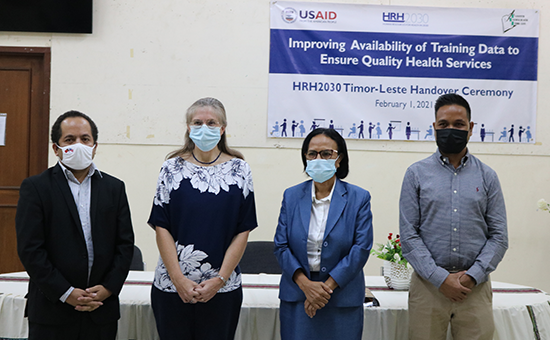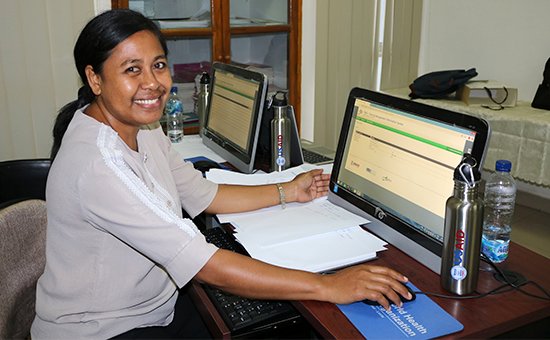Timor-Leste is a small, half-island nation that gained independence in 2002. As a young country, still transitioning from a post-conflict environment, the nation faces many challenges in working to rebuild its capacity in all sectors, including the health sector. The Government of Timor-Leste has requested technical assistance from the US Agency for International Development (USAID) to strengthen the country’s health workforce to effectively respond to current and emerging health issues, relieve inequities in the health system, and improve overall health outcomes of the Timorese people.
In Timor-Leste, current human resources for health (HRH) challenges include insufficient quantity, skill mix, and distribution of qualified health workers, which can result in low performance and motivation among health workers, and inequitable delivery of and access to quality services. Some of the underlying factors contributing to these HRH challenges include fragmented human resources planning due to limited completeness and quality of HRH training data, and limited capacity of mid-level managers to use HRH and other health systems data for evidence-informed decision-making; inadequate in-service training and continuing professional development; and limited performance management and support.
HRH2030 in Timor-Leste
The USAID HRH2030 program will work to improve the Government of Timor-Leste’s HRH data and use, focusing on the National Institute of Health’s (INS) national in-service training management information system (TMIS) to enable discussions around optimizing the health workforce and health service quality through strategic professional development.






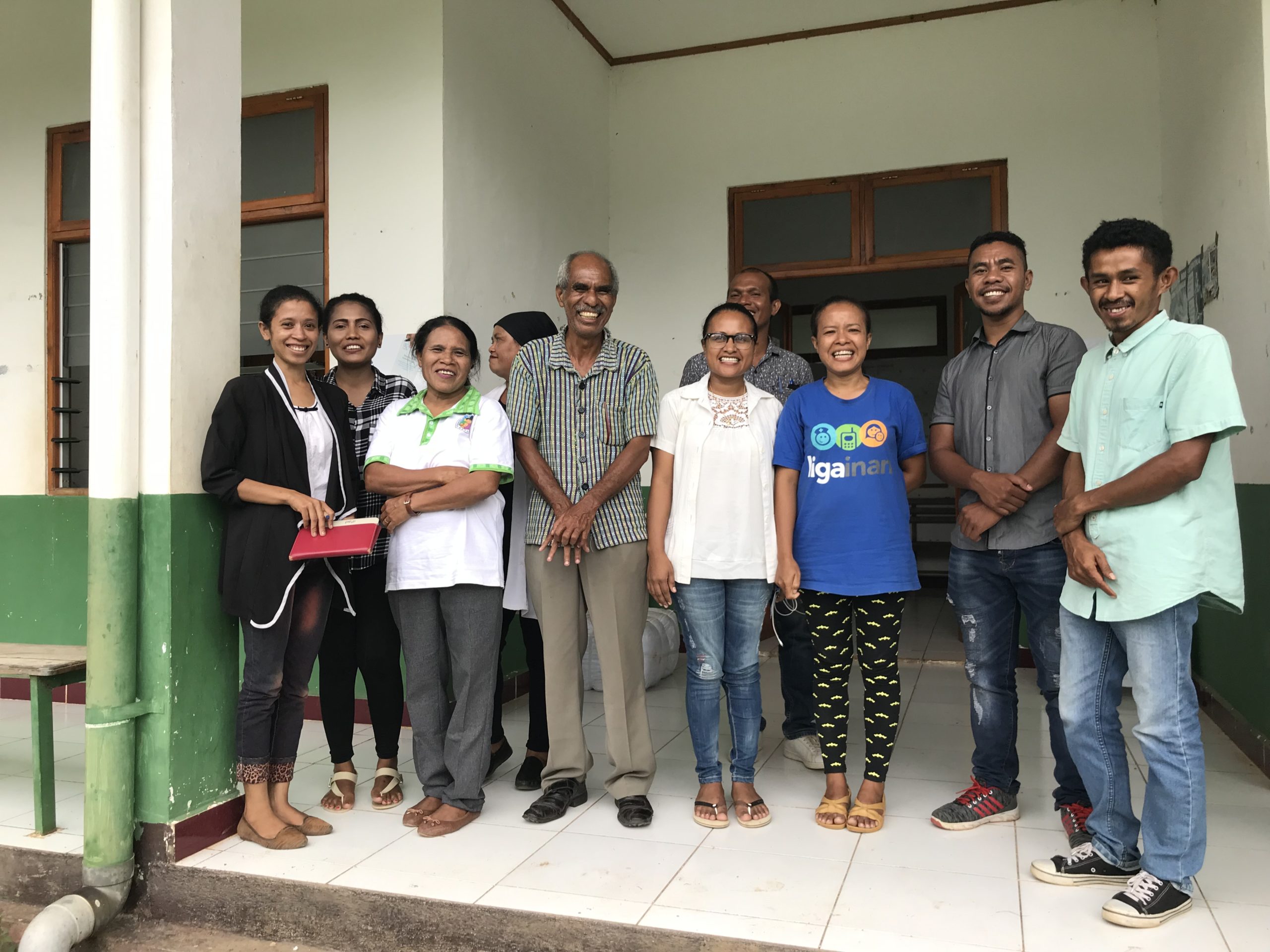
 Timor-Leste
Timor-Leste